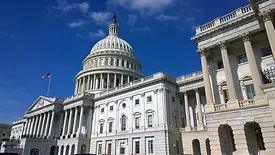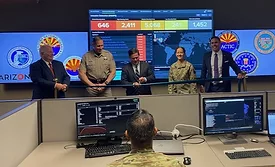Home » Department of Homeland Security
Articles Tagged with ''Department of Homeland Security''
Sign-up to receive top management & result-driven techniques in the industry.
Join over 20,000+ industry leaders who receive our premium content.
SIGN UP TODAY!Copyright ©2026. All Rights Reserved BNP Media.
Design, CMS, Hosting & Web Development :: ePublishing
.webp?height=168&t=1650991530&width=275)








